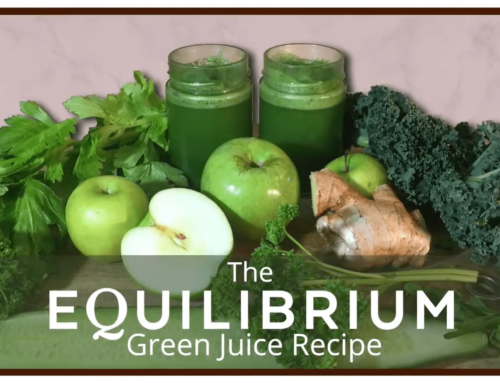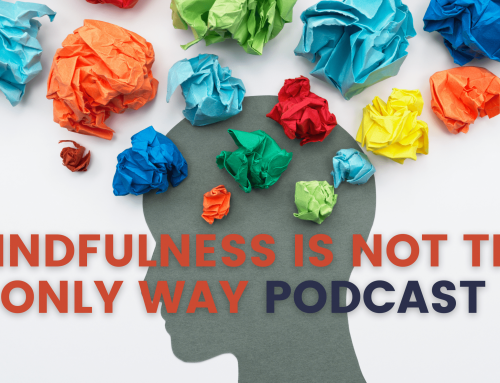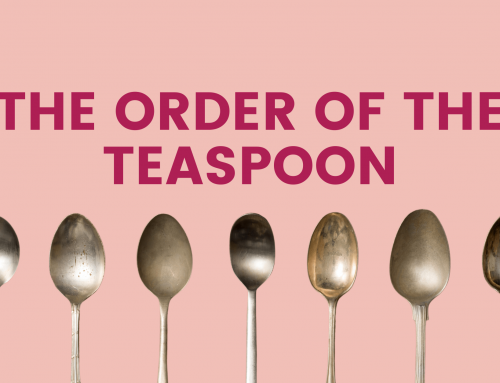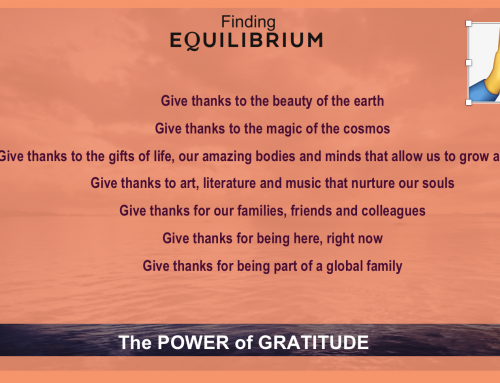I’m doing some research at the moment into sugar and sweeteners as part of a new programme I’ll be launching in the autumn.
A question that frequently comes up is whether or not Agave syrup is a good alternative to table sugar?
There are a number of views on the topic and this one from Kimberly Snyder is the one that I now share:
‘Many people believe agave is a “healthy” sweetener because it is “natural” and marketed as being low-glycemic. In fact, agave is a highly processed sweetener. The chemical process for manufacturing agave nectar is nearly the same as the corn refiners using in making high-fructose corn syrup from corn starch.
Using the agave glucose and inulin found in the plant’s roots, manufacturers subject it to a chemical enzymatic (using genetically modified enzymes) process that converts it into nearly pure fructose (70 percent or higher). Considering that HFCS contains only 55 percent fructose and it is currently wreaking havoc on Americans’ health, imagine what agave will do.
In the tiny amounts contained in fruit, fructose doesn’t cause much of a problem in the human body. In the large, concentrated amounts you find in agave, however, it can cause real health problems. That’s because the gastrointestinal tract doesn’t absorb fructose readily, so it goes straight to your liver. This places an overwhelming load on your liver, which can lead to scarring and development of triglycerides. It doesn’t stimulate the hormones that indicate satiety or fullness, so you can continue to eat it in large amounts. Fructose has also been strongly linked to obesity, fatty liver disease, and many other health issues.’
So agave is off the menu for me, and stevia, a natural occurring sweetener from the sunflower family, is definitely on it:
‘Stevia has been shown to reduce blood pressure and decrease blood sugar levels in a variety of peer-reviewed scientific studies…so much so that it is being considered as a treatment for diabetes. It originated in south america where it was used to sweeten bitter teas and medicinal drinks. It has since gained a worldwide market, despite a ban in the USA due to lobbying efforts by cane sugar and artificial sweetener manufacturers.’
[/fusion_builder_column][/fusion_builder_row][/fusion_builder_container]







